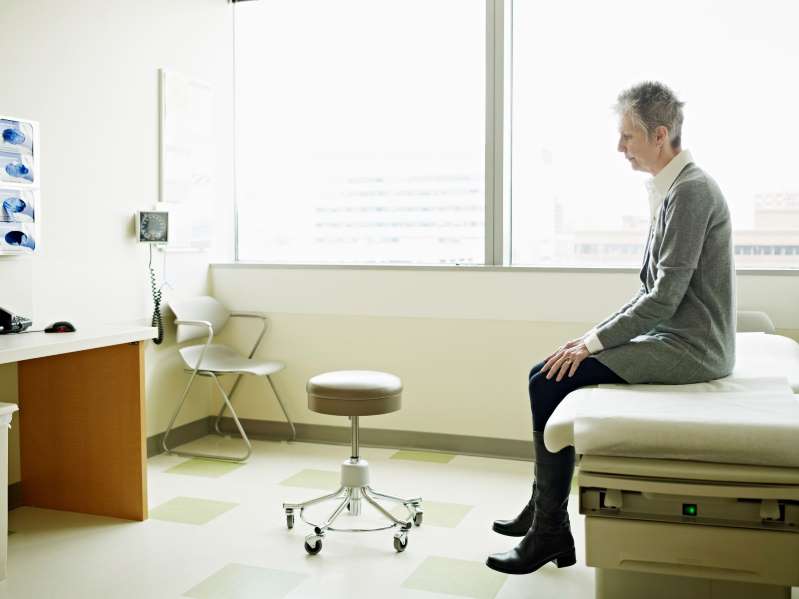Learn about brain health and nootropics to boost brain function
Best Tips To Prevent Dementia From A Neuroscientist

The brain is the body’s most important organ, a control center that directs its steps everyday. Sadly, that is one fact that we basically take for granted, not only resulting in a variety of diseases that affect our mood and mental health, but also leading to an early death, and one of these are dementia and its common and more notorious form Alzheimer’s disease. In fact, according to Alzheimer’s Association, dementia is the 6th leading cause of death in the United States. And the worst part is that there is currently no cure to the disease to date.
Fortunately, dementia is preventable. The following tips from award-winning neuroscientist Dr. Sabina Brennan will prove it:
Have A Consistent Daily Sleeping Schedule
Sleep is important for brain health, a simple fact that is now ignored in today’s hyperactive world since we fail to get the recommended hours of sleep, which is 7 to 8 hours at most for adults. Only one of three people get enough sleep, making the World Health Organization count sleep loss as an official pandemic.
Sleep detoxes both the brain and the body, clearing out neural waste products that build up inside the central nervous system every day. Without it, the brain does not have ample time to flush them away, leaving the buildup untouched. One example of the waste building up inside the brain is beta-amyloid, the nasty and sticky protein that serves as the primary cause of Alzheimer’s disease and dementia.
To prevent the rise of dementia, Brennan said that it is important to go to bed and wake up at the same time each day. That is because research has shown that a regular sleeping schedule results in getting both rapid eye movement (REM) and non-REM sleep.
Sleep has five stages, whether or not REM sleep occurs. Non-REM sleep “is characterized by slow brainwaves interspersed with a burst of activity called spindles,” per Brennan. During the first half of the night, most of your sleep is non-REM, with the deepest being in non-REM stages 3 and 4. REM sleep, on the other hand, occurs during the second half, when you dream. It is during this stage where the electrical activity recorded is very similar to that of an “awake” brain. All of this means is that to completely repair your brain for the next day, you must both do the recommended hours of sleep and experience REM and non-REM sleep.
Also on MSN:
Making Your Home Workouts Harder Isn’t Just About Adding More Weight – a Trainer Explains
So, about our struggling healthcare system, Mr President
What Happens to Your Body When You Get the New Coronavirus?
Be Excited Every Day
If you either feel forgetful, lost your sense of humor or have unhealthy eating habits, then it could be a sign of stress that can build up and increase dementia risk.
Of course, you may be wondering how to reduce stress while revitalizing your brain. It is good to know that stress does have its own benefits. Brennan focused on the positive aspects of stress and how you need an optimal amount, asserting that “the total absence of stress is associated with boredom and disengagement, neither of which is good for your brain health or indeed your mental health.”
Brennan advised one way to manage stress is to be excited every day especially at the small pleasures of life, some of which may actually be challenging as opposed to being stressful. In fact, what would life be without your first date, job interview or prom?
Do 10 Minutes Of Social Activity Daily
Loneliness kills. More accurately, loneliness can cause dementia and other brain diseases through disturbed sleep patterns, abnormal stress responses, unhealthy blood pressure levels and greater cognitive decline.
To prevent dementia-causing loneliness, Brennan said that it is best to devote just 10 minutes of social activity every day. These activities can be any activity that brings you joy, be it reading, drawing or even writing.
Watch Your Drinking
Red wine may be healthy in small doses, but how healthy is it? Heavy drinking results in increased blood flow, causing disrupted blood flow and damage to the heart, indirectly resulting in brain damage.
In the U.K., there are government guidelines that measure safe alcohol consumption, called alcohol units, with the safest, “low risk” amount being less than 14 units of alcohol (equivalent to about 10 small glasses of low-alcohol wine) weekly. Moderate drinking, on the other hand, amounts to 14 to 21 units per week, and is shown in a recent study to have lethal effects on the brain.
With these in mind, it is best to drink alcohol in very limited doses because even small amounts can increase dementia risk.
Exercise Everyday
Although exercise benefits you physically, it can also help your brain. Brennan suggested that to keep your brain healthy, it is a must to exercise daily even at an old age. Even low to moderate intensity exercise can aid in reducing dementia risk, and has been proven by research to boost memory learning skills.
For an improved memory and cognitive function, it is best that you start getting physically active now so that you will experience more fruitful years later in life.
Smile Smiling as a solution to dementia may seem odd, but science proves just that. Aside from scientifically triggering happiness, smiling itself releases happiness-causing chemicals. These chemicals are serotonin, dopamine and endorphins, which all activate your brain’s reward circuits, and, in turn, increase the feeling of happiness, giving your overall brain health a positive boost.Brennan added that the serotonin that your smile releases doubles as a natural anti-depressant, while the endorphins act as natural pain relievers. 100 Ways to Live to 100 (Best Life)